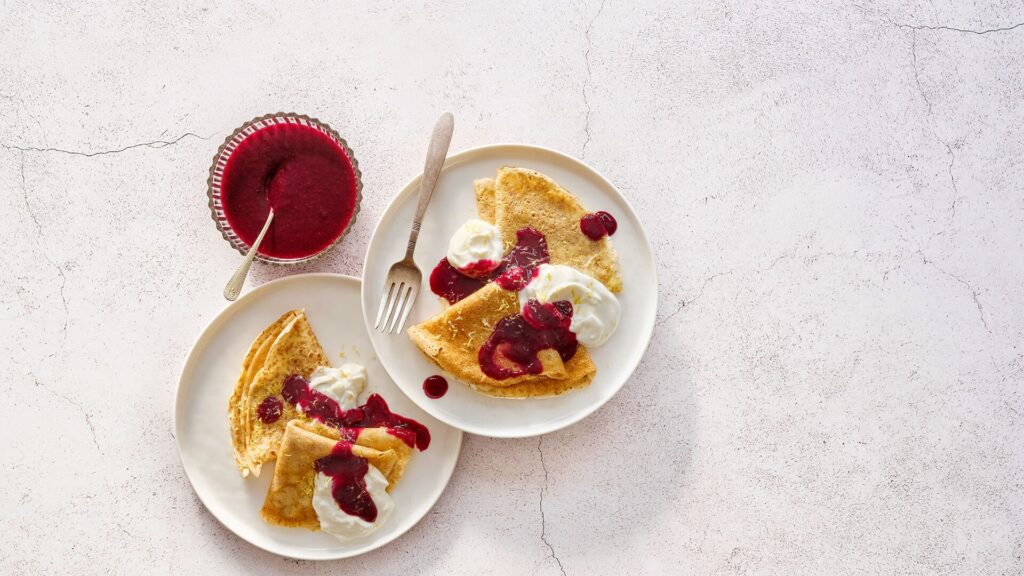Is necessary in small amounts to help regulate fluid balance, support nerve function, and facilitate muscle contractions.
Needs to be less than or equal 120 mg/100 g to be low, 120-600 mg to be moderate and >600 mg to be high.
Is a key mineral that supports muscle and nerve function, helps regulate blood sugar levels, and aids in energy production. It's also important for a healthy immune system and strong bones
Needs to provide 15% of 375 mg (375 mg is the NRV) in order to be a source of and 30% or more of the NRV to be high in.
Calcium is vital for our bodies because it helps build and maintain strong bones and teeth. It also supports muscle function, nerve transmission, and cardiovascular health.
Needs to provide 15% of 800 mg (800 mg is the NRV) in order to be a source of and 30% or more of the NRV to be high in.
Potassium is essential for maintaining fluid balance, muscle contractions, and nerve signals in the body. It also helps lower blood pressure and reduce the risk of strokes.
Needs to provide 15% of 2000 mg (2000 mg is the NRV) in order to be a source of and 30% or more of the NRV to be high in.
Tip: For a savoury crêpe, fill with leftover mince or a mixture of tuna and smooth cottage cheese. Garnish with chopped chives and enjoy as a light meal.

Sign up for two exclusive newsletters a year to keep you on track!
We are legally bound not to share your personal details and we will not send you promotional material. Let us support you on your journey to better health.
The DASH diet needs to be low in sodium and high in calcium, potassium and magnesium. The Nutrient Reference Value is the daily amount of the vitamin or mineral that the average healthy person needs to prevent deficiency.